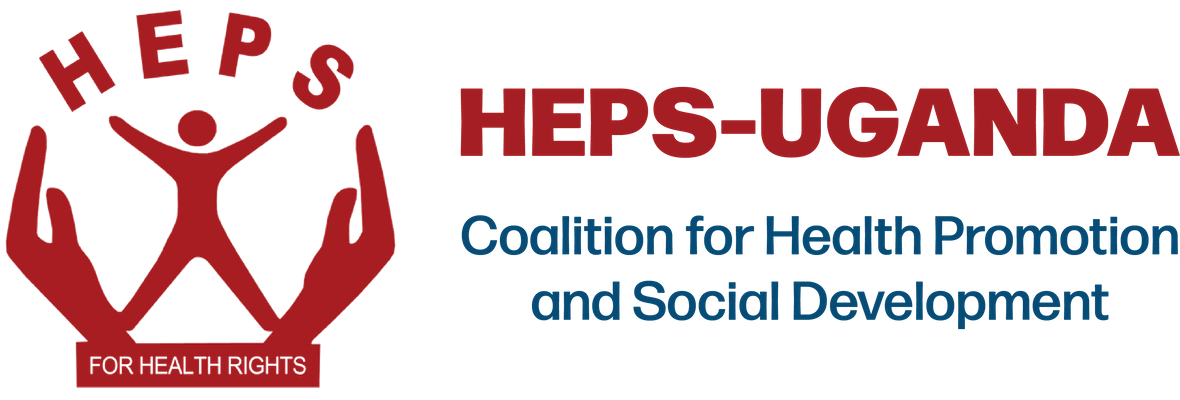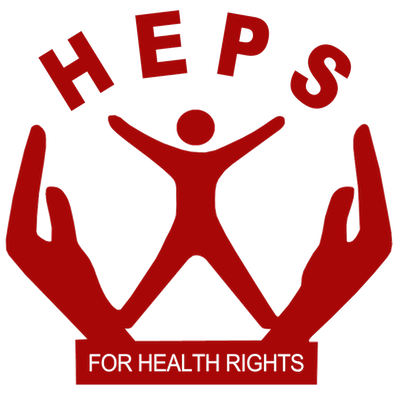From us,
Leading the charge against malaria and deadly immunizable diseases with empowering immunization outreaches: This week, HEPS-UGANDA@25 conducted an immunization outreach in Kirinda Parish, organized by the EPI Center at Health Centre II in Kiboga district. Mothers received health education on the importance of immunization and family planning during the event. The community was also informed about the malaria vaccination rollout, including the number of doses and the recommended age for children. We also took the opportunity to educate the community about other vaccines for both children and adults, such as the HPV and TT vaccines.
Bridging the public information gap on Civil Registration and Vital Statistics (CRVS) in Uganda: HEPS-UGANDA@25’s Robert Offiti was hosted on the Mighty Driveshow on Digital TV, where he shared information on the importance of the universal and continuous process that ensures the recording of vital events such as birth, death, marriage, divorce, and adoption. Speaking on this crucial topic, he highlighted that CRVS plays a pivotal role in establishing a person’s legal identity, with every individual’s vital information being captured in a national database.
In Uganda, this process is guided by the Registration of Persons Act (Amended 2024), which mandates the registration of all citizens immediately after birth.HEPS-UGANDA@25 notes that the registration of every individual’s vital statistics provides each Ugandan with a unique national identification number essential for accessing government health and education services, voting, and ensuring a recognized identity in both the local and international context. Follow our CRVS discussions on #InclusiveIdentityUG on X @hepsuganda.
From our partners,
CSOs nominate representatives to the HIV and AIDS Strategic Plan writing team: The Uganda AIDS Commission has kicked off the development of the National HIV and AIDS Strategic Plan 2025/26-2029/30, calling on civil society to nominate representatives to each of the six thematic groups. The six thematic technical working groups are: 1) Prevention; 2) Care and Treatment; 3) Social Support and Protection; 4) Systems Strengthening; 5) Resources and Costing; and 6) Monitoring and Evaluation.
From your community,
Oil boom fuels HIV prevalence in Hoima: The Uganda AIDS Commission (UAC) has raised serious concerns over the rising HIV prevalence rate in the Bunyoro sub-region, attributing the surge to an influx of people drawn by oil exploration activities and a high number of plantation workers. According to UAC statistics, Hoima city has the highest HIV/Aids prevalence rate in the region at 9.6%, followed by Masindi district at 6.1%. The infection rates are reported to be most severe among fishing communities.
Kanungu residents struggle with non-communicable diseases: Kanungu residents are struggling to access quality healthcare services due to an insufficient drug supply at health facilities and high medical bills. As a result, many people resort to herbal medicine or stay at home instead of seeking medical treatment. This has contributed to a high rate of non-communicable diseases, as many residents avoid regular checkups due to the high costs. In some cases, patients are diagnosed at health facilities but are then advised to purchase medication from pharmacies.
From Uganda,
Museveni asks Ugandans to embrace the malaria vaccine: The government of Uganda on Wednesday, April 2, 2025, rolled out the national malaria vaccination campaign, with the official launch happening in the Apac district, one of the areas with the highest malaria burden in the country. Dr Jane Ruth Aceng, the Minister of Health, appealed to Ugandans to take their children for vaccination while adhering to preventive measures like sleeping under mosquito bed nets.
From the region,
Delayed insurance payments leave Tanzania’s health centers struggling: Health centers are grappling with delayed payments and claim rejections by the National Health Insurance Fund (NHIF), which has asserted that it is paying valid claims on time. The health centers are complaining about delayed payments of up to six months, which have left them unable to operate due to accounting issues and fraud.
Rwanda’s syringe manufacturing facility to boost Africa’s vaccination initiatives: Health Minister Dr Sabin Nsanzimana on Tuesday, April 1, officiated the launch of TKMD Rwanda’s auto-disable syringe manufacturing facility in Rwamagana district. According to the Ministry of Health, the facility was established in partnership with the Gates Foundation, and the World Health Organization (WHO) pre-qualified facility produces up to one million syringes daily. TKMD Rwanda, a subsidiary of Chinese company Anhui Tiankang Medical Technology, “works with UNICEF to distribute to several African countries which save on cost and time,” the ministry said on X.
Medicine stock-out hits Kenya months after USAID funding cut: The Ministry of Health has warned that the Kenya Medical Supply Authority (KEMSA) is currently facing a drug and other health products stockout. Speaking during a press briefing on Tuesday, April 1, the Health Cabinet Secretary, Aden Duale, said that the shortage is due to the lack of finances to replenish health products and technologies at KEMSA.
Global health security,
Uganda’s mpox cases reach 4,810, death toll rises to 37: The cumulative number of confirmed mpox cases in Uganda has reached 4,810, with 37 deaths reported since the outbreak was declared in the East African country eight months ago, according to the Ugandan Ministry of Health. A total of 13 new infections and six deaths were recorded in the past 24 hours, the ministry said in a national situation report issued on Saturday, 29 March 2025.





